The National Trust (NT) has jumped into the forest sell-off campaign saying they “back the public’s concerns” over public access, biodiversity, conservation and cultural value.
Internally, the NT has “agreed a set of principles which should guide any proposed disposals.” That’s not the same as saying the Public Forest Estate (PFE) should remain in public hands, which is the main concern for 84% of the public.
The NT’s three key principles are:
1. That the conservation and public access value of any site being considered for disposal is properly safeguarded for the future under any new management or ownership arrangements;
2. That if any land is transferred to conservation organisations or community groups, the sites should be adequately funded by government;
3. If such support is not guaranteed, the Trust will argue that important conservation assets should remain in the care of the appropriate public body in order to fulfil the government’s responsibility to protect their public value.
In both the National Trust’s and the Woodland Trust’s position statements on the forest sell-off there is no mention of the Public Bodies Bill, the enabling legislation that will give the Secretary of State sole decision making powers for a PFE sale. This Section of the Bill even gives the House of Lords cause for concern:
13. The Public Bodies Bill [HL] strikes at the very heart of our constitutional system, being a type of ‘framework’ or ‘enabling’ legislation that drains the lifeblood of legislative amendment and debate across a very broad range of public arrangements. In particular, it hits directly at the role of the House of Lords as a revising chamber.
14. The Public Bodies Bill [HL] is concerned with the design, powers and functions of a vast range of public bodies, the creation of many of which was the product of extensive parliamentary debate and deliberation. We fail to see why such parliamentary debate and deliberation should be denied to proposals now to abolish or to redesign such bodies.” [note]
And while I whole-heartedly agree that our ancient woodland must be protected, their statements show a lack of foresight and seem self-serving in that they do not back the public’s main concern.
84% of England’s public believe publicly owned forests ought to remain in public hands. If the National Trust and Woodland Trust were truly backing public concerns they would be arguing for the PFE to remain publicly owned. This is not the case.
When questioned about this, the NT’s Land Use Director, David Riddle commented:
We are concerned about various aspects of the Public Bodies Bill and Fiona Reynolds our Director General has raised these directly with the minister responsible for the Bill going through the Lords
It is not our ambition to take on large areas of the public forest but we do want to make sure that areas of value for conservation, public access or cultural heritage are properly safeguarded for the future under any new ownership or management arrangement. There may be some areas where it would make sense for us to take on management of woods where they are next to our existing properties but we do not envisage this being on a very large scale.
If land of public value can be properly safeguarded in any future transfer we would not rule it out in principle – there may be exciting new opportunities for communities, charities and businesses to work together to manage woodlands in new ways for public benefit.
It took further questioning before the NT finally admitted that in principle the NT is happy for public forests to be sold but believes sale is “unlikely to be appropriate for sites of high conservation or cultural heritage value.”
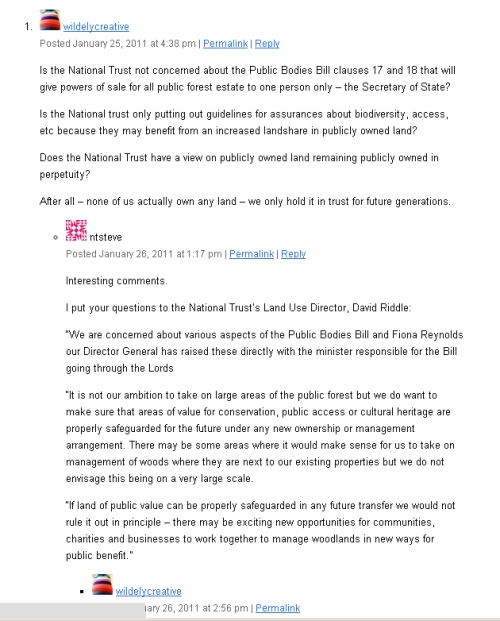
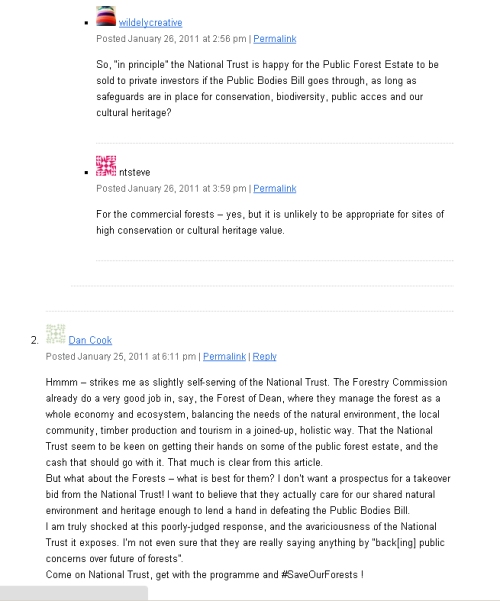
If the National Trust and the Woodland Trust are happy for the commercial PFE to be sold then we shouldn’t be that bothered about it either, right? Wrong.
This is short-sighted and both the National Trust and the Woodland Trust statements show they do not back the majority public concern that public land remains in public hands, only that they have already given the Government their strategies and principles for how a forest sale, in respect of protecting ancient woodland, should go ahead.
Income generated by the commercial PFE provides multiple social and environmental benefits with a concentration on world-class research that would be lost if the commercial arm of the PFE is sold off piece-meal as the Government plan.
Many organisations around the world, probably including the NT and the WT, will have benefitted from Forestry Commission research. The sad fact is, if the commercial forests of the PFE are sold, this research sector will be, like our forests, lost – in perpetuity.
Read the National Trust’s position statement
Read the Woodland Trust’s position statement













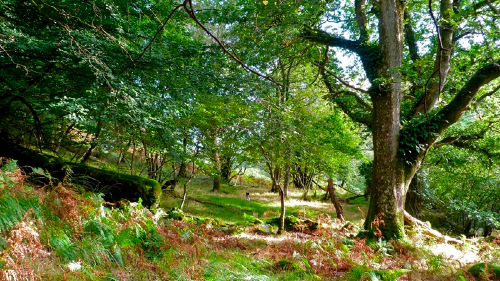
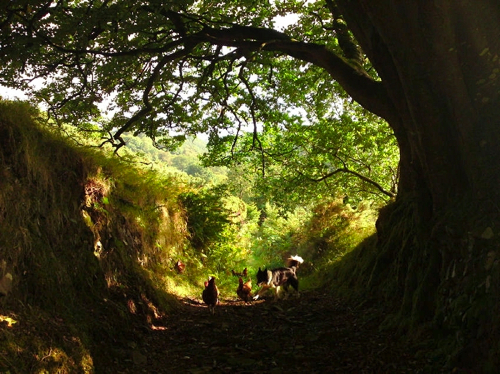
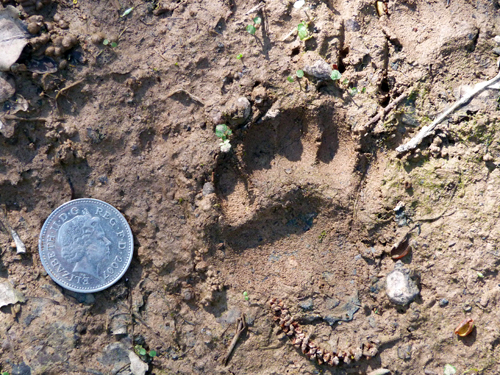




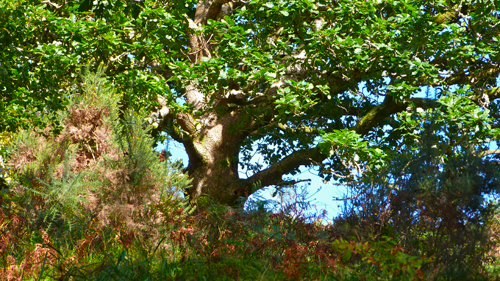

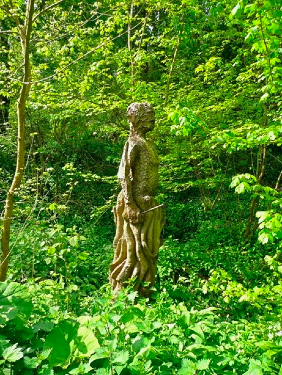
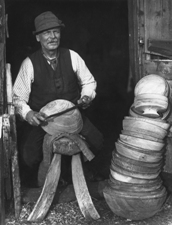



The NT has history in this regard with the selling off of its assets to the Ministry of Defense.
This is a very unwelcome and shorted sighted decision by the NT their actions are justifying the Governments proposals.
It is also very hypocritical of them because they planted 1000’s of acres of conifer plantations in the past just like the FC did. This organisation is primarily concerned with conserving buildings and textiles not biodiversity. They see this as an opportunity to increase their membership and retail operations. Were they continue in these proposal, I will stop my membership and tell them why!
We’re fighting the National Trust applications to build a cafe and cycle hub in a beautiful meadow at a beauty spot next to the River Plym in South Devon and construct 15 km of Mountain Bike Trails through designated ancient woodland.
The construction of the 15km of Mountain Bike Trails necessitates excavating 3-meter wide foundations that will cause loss of and damage to this ancient woodland.
The National Trust bought these woods in1968 after a successful public appeal to protect them from commercial development.
The National Trust has shown itself to be arrogant and dismissive of the concerns of the people of Plymouth who object to their proposals.
I think the general public should be very wary of the intentions of the National Trust. Looking at some of it’s recent developments it is no different from many other commercial organisations. In fact, it is a dangerous organisation because it has a reputation for conservation but as far we are concerned it is SHAME ON YOU NATIONAL TRUST, SHAME ON YOU!